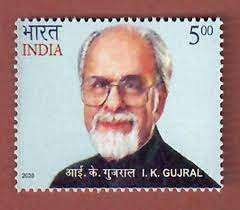Brasília is the capital city of Brazil, located in the Federal District in the central part of the country. It was founded on 21 April 1960 and is known for its unique modernist architecture and urban planning. On 21 April 2012, Google celebrated Brasilia’s Anniversary.
Brasília was planned and built as the new capital of Brazil to promote the country’s interior development and reduce the concentration of political and economic power in coastal cities. The decision to construct a new capital was made in 1956, and the city was designed by the renowned Brazilian architect Oscar Niemeyer and urban planner Lúcio Costa. Construction began in 1957, and the city was officially inaugurated as the capital of Brazil on April 21, 1960.
Brasília is famous for its unique modernist architecture, characterized by its innovative and futuristic design. Many of the city’s buildings were designed by Oscar Niemeyer, known for his curved lines, bold forms, and use of reinforced concrete. The city’s architecture includes notable landmarks such as the National Congress of Brazil, the Presidential Palace, the Cathedral of Brasília, and the Juscelino Kubitschek Bridge, among others.









